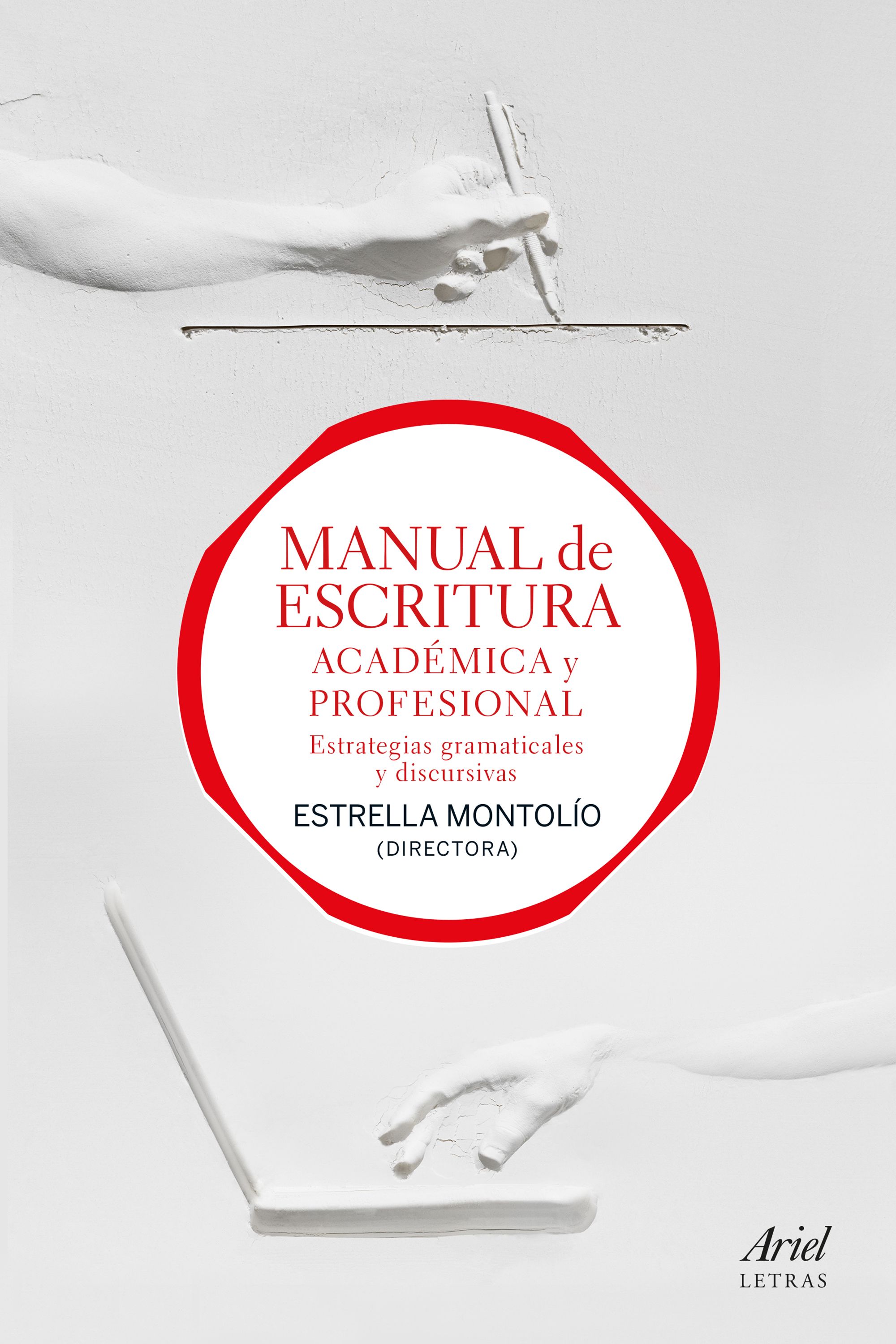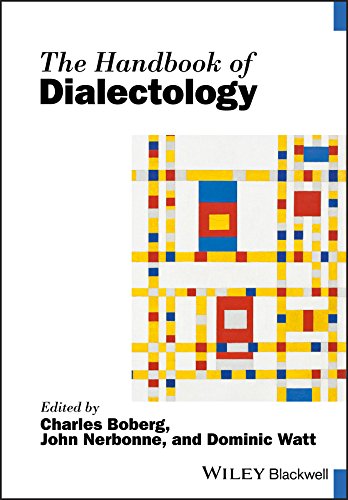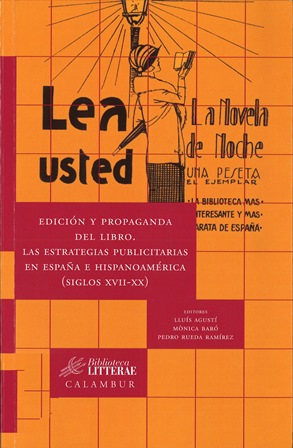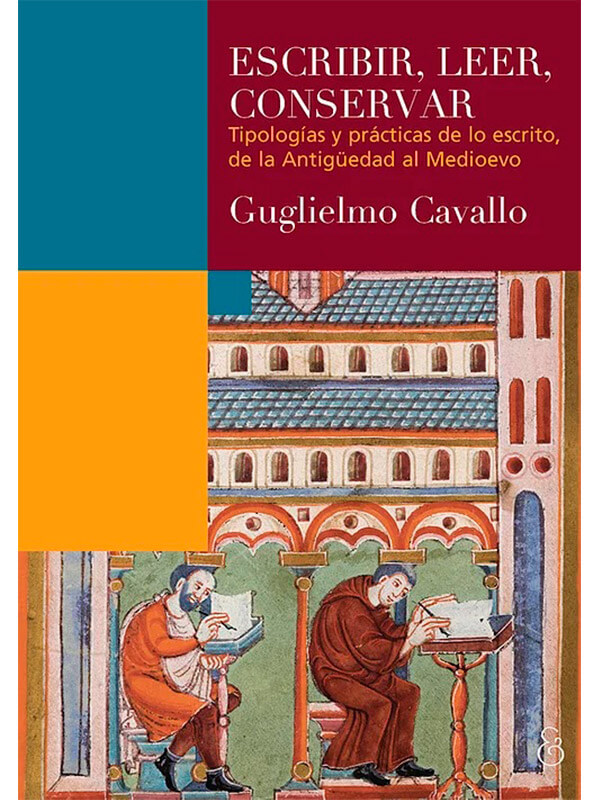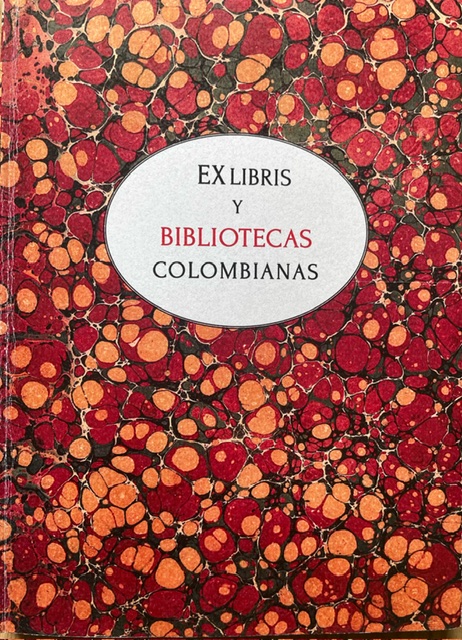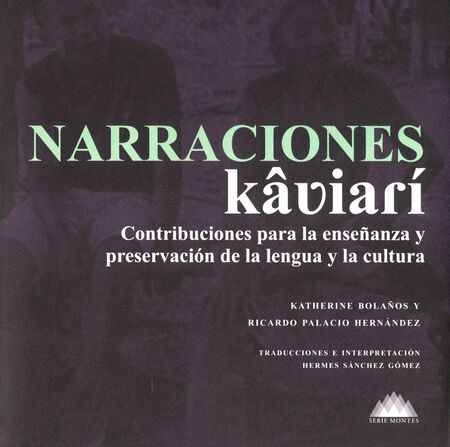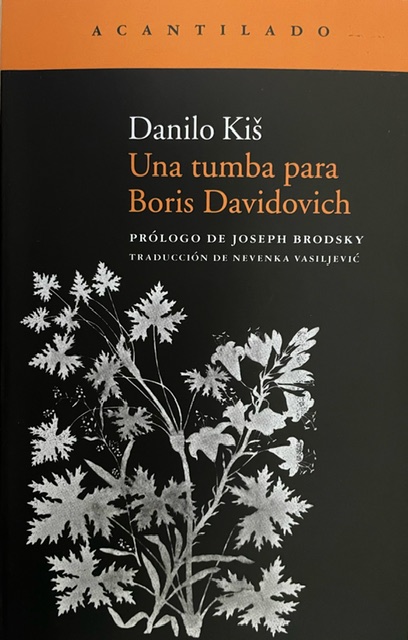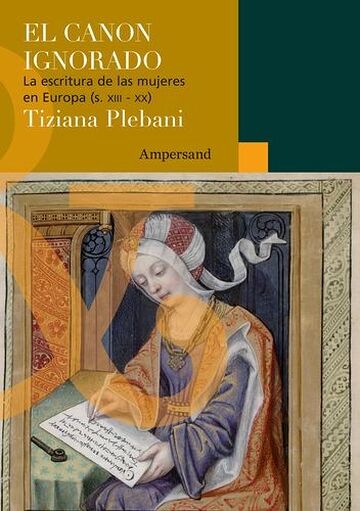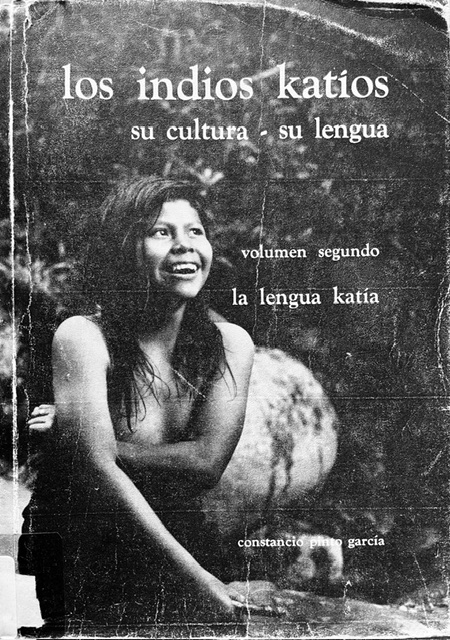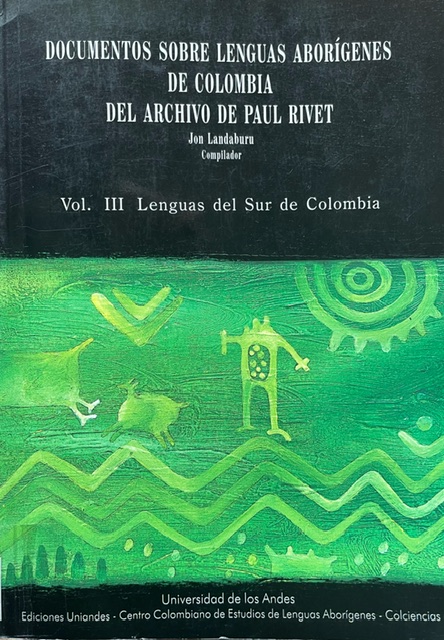| 000 -Líder |
|---|
| Campo de control de longitud fija |
04339nam a22002657a 4500 |
| 003 - Identificador del número de control |
|---|
| campo de control |
CO-BoICC |
| 005 - Fecha y hora de la última transacción |
|---|
| campo de control |
20171123142317.0 |
| 008 - Elementos de longitud fija -- Información general |
|---|
| Campo de control de longitud fija |
171122s2013 xxu||||fr|||| 001 0 eng d |
| 020 ## - ISBN |
|---|
| Número Internacional Normalizado del libro (NR) |
9780415585453 |
| 040 ## - Fuente de catalogación |
|---|
| Agencia de catalogación original |
CO-BoICC |
| Idioma de catalogación |
spa |
| 041 0# - Código de idioma |
|---|
| Código de idioma para texto/pista de sonido o título separado |
eng |
| 082 04 - Número de clasificación decimal Dewey |
|---|
| Número de la edición |
21 |
| Número de clasificación |
428.1 |
| Signatura librística |
G226e |
| 100 1# - Entrada principal -- Nombre personal |
|---|
| Nombre personal |
Gardner, Dee, |
| Fechas asociadas con el nombre |
1971- |
| 245 10 - Mención del título |
|---|
| Título |
Exploring vocabulary : |
| Parte restante del título |
language in action / |
| Mención de responsabilidad, etc. |
Dee Gardner |
| 260 ## - Publicación, distribución, etc. (Pie de imprenta) |
|---|
| Lugar de publicación, distribución, etc. |
Nueva York : |
| -- |
Londres : |
| Nombre del editor, distribuidor, etc. |
Routledge, |
| Fecha de publicación, distribución, etc. |
2013 |
| 300 ## - Descripción física |
|---|
| Extensión |
xi, 212 páginas ; |
| Dimensiones |
23 cm. |
| 490 0# - Mención de serie |
|---|
| Mención de serie |
Routledge introductions to applied linguistics |
| 504 ## - Nota de bibliografía, Etc. |
|---|
| Nota de bibliografía, Etc. |
Incluye bibliografía e índice. |
| 505 0# - Nota de contenido con formato preestablecido |
|---|
| Nota de contenido con formato preestablecido |
Introduction. -- Setting the stage. -- My basic philosophy about vocabulary. -- Guiding questions. -- The three realities of vocabulary. -- The vocabulary project (choosing an instructional setting). -- Indetifiying an instructional setting and texts. -- The vocabulary of vocabulary. -- Problem. -- Intervention and theory. -- Vocabulary terminology. -- Terms to discuss the form-based concepts of vocabulary. -- Terms to discuss vocabulary levels of form-based word families. -- Terms to discuss spelling, pronunciation, and word-meaning issues. -- Terms to describe relationships between words and their neighbors. -- Multiword items. -- Concordacing. -- Summary. -- Vocabulary project (text scanning). -- Core vocabulary. -- Problem. -- Intervention and theory. -- Challenges in determining a core vocabulary of English. -- Challenge 1 (multiple word meanings). -- Challenge 2 (multiword issues). -- Challenge (spoken vs written). -- Challege 4 (core size in arbitrary). -- Challenge 5 (core list become dated). -- The stable and unstable cores of the English lexicon. -- The stable core. -- The unstable core. -- Common core list of English vocabulary. -- Appendix D, sublist A (function words). -- Appendix D, sublist A (content words). -- Appendix D, sublist B and C (content words). -- New words appearing in sublist A (all 64 words). -- Examples of the 177 new words appearing in sublist B. -- Examples of the 395 new words appearing in sublist C. -- Chapter summary. -- A new acamedic vocabulary list. -- Vocabulary project (downloading analysis tools). -- Register-specific vocabulary. -- Problem. -- Intervention and theory. -- Register-specific vocabulary. -- Understanding registers. -- Case study of register-specific vocabulary. -- Why do I care so much about register? Why should I care?. -- Vocabulary project (creating a vocabulary inventory). -- The task of vocabulary learning. -- Problem. -- Intervention and theory. -- Relationship between know and unknown vocabulary. -- The relationship between spoken and written vocabulary knowledge. -- Academic reading and vocabulary knowledege. -- The BICS and CALP distinction. -- The fourth grade-grade slump and its corralates. -- A word on self-selected reading materials. -- Types of contexts for potential word learning. -- Vocabular knowledge in "learning to read" and "reading to learn". -- Breadth and depth of vocabulary knowledge. -- So what is a teacher to do? "To teach, or not to teach: that is the question". -- Vocabualry project (learning about vocabulary tools). -- Building vocabulary knowledge. -- Problem. -- Intervention and theory. -- The "big picture" with vocabulary teaching. -- Designing a vocabulary-centered curriculum. -- Identifiying important vocabulary. -- Theme-based instruction Conceptualization. -- Form and meaning practice. -- Flashcards. -- Concordancing programs. -- Context-based word-learning strategies. -- Dictionary definition training. -- Morphological awareness raising. -- Final thoughts. -- Vocabulary project (creating personalized vocabulary tools). -- Conclusions. -- Task commentaries. -- Appendices. -- Appendix A: Dolch-Fry Sight Words. -- Appendix B: Phrasal verb frequency counts. -- Appendix C: New word lemmas impacting American English. -- Appendix D: Common Core List. -- Appendix E: Online resources for learning high-frequency vocabulary. -- Appendix F: Sample compound words. -- Appendix G: Frequent hyphenated words. -- Appendix H: Screenshot from COCA (collocate queries). |
| 541 ## - Nota de fuente inmediata de adquisición |
|---|
| Fuente de adquisición |
Fundación Teatro Musical Latinoamericano |
| Método de adquisición |
Compra |
| Fecha de adquisición |
12/05/2017 |
| Precio de compra |
Factura - 2567 |
| 591 ## - Áreas temáticas |
|---|
| Áreas temáticas |
Lenguaje y lenguas |
| 650 17 - Asiento secundario de materia -- Término temático |
|---|
| Fuente del encabezamiento o término |
LEMB |
| Término temático o nombre geográfico como elemento de entrada |
Inglés |
| Subdivisión general |
Vocabulario |
| 650 17 - Asiento secundario de materia -- Término temático |
|---|
| Fuente del encabezamiento o término |
LEMB |
| Término temático o nombre geográfico como elemento de entrada |
Inglés |
| Subdivisión general |
Retórica |
| 942 ## - Tipo de Material (KOHA) |
|---|
| Tipo de Item |
Libros |




